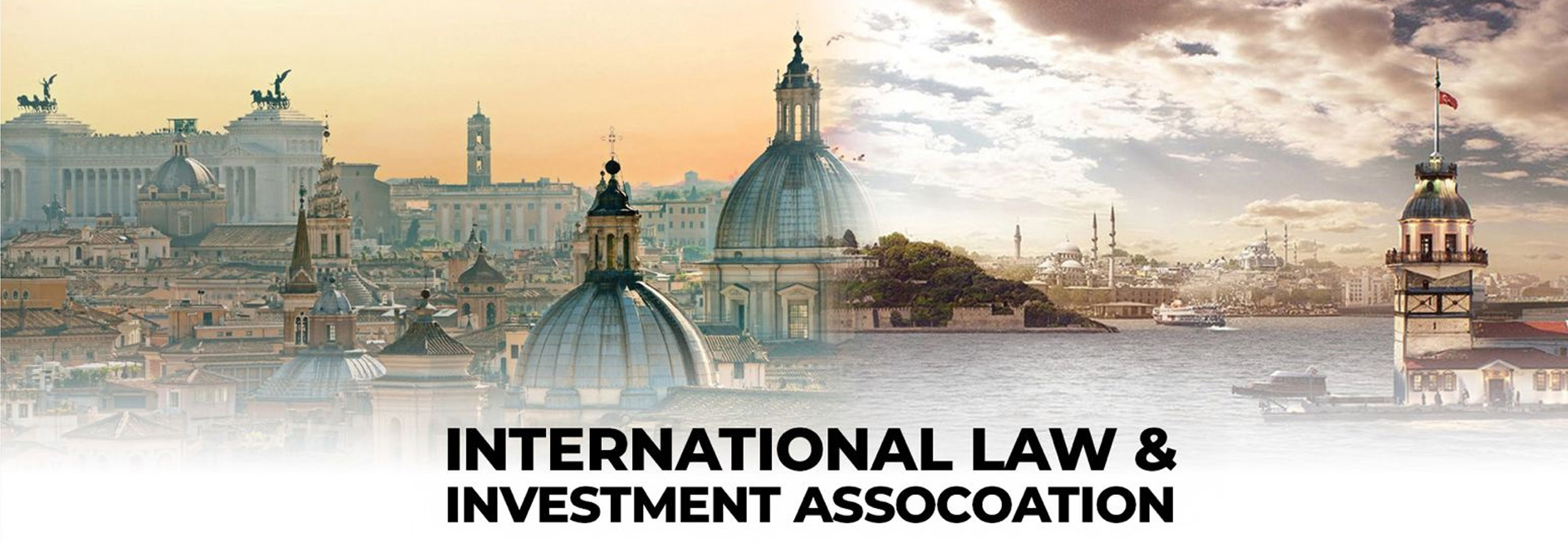

International Law, Investment, and Development Association (ILIDA)
The International Law, Investment, and Development Association (ILIDA) is a non-governmental organization that brings together the legal and business communities with the aim of strengthening strategic links between law and business in Türkiye. ILIDA considers the rule of law and international standards as indispensable elements of economic development. The association seeks to contribute to societal awareness by providing education, networking, summits, and other activities to support foreign investors operating in Türkiye and Turkish investors conducting business abroad. ILIDA focuses on raising awareness on matters such as foreign direct investment, law, alternative dispute resolution mechanisms, arbitration, and other dispute resolution procedures. At the same time, it promotes societal transformation through educational and mentorship programs designed to empower women in leadership roles within the business world. ILIDA operates with a vision of a Türkiye where the law inspires confidence, investment creates value, and women and young leaders shape the future.
Vision
To create societal impact through projects at the intersection of law, business, and diplomacy that will enable Türkiye to become a country with a strong legal infrastructure, a competitive investment environment, and women’s leadership at the center of economic and social life, recognized globally for its credibility and influence.
Mission
- To leverage the rule of law and international standards as strategic tools for the development of the business community.
- To develop projects that enhance Turkish investors’ access to global markets, particularly strengthening economic and legal cooperation with the EU.
- To support women in leadership roles in business and decision-making processes.
- To conduct education, research, and awareness activities in areas such as alternative dispute resolution mechanisms, arbitration, commercial law, investment policies, environment, public health, and dispute resolution.
- To establish sustainable collaborations among public institutions, private sector, and international organizations, contributing to Türkiye’s global competitiveness.
Latest News
